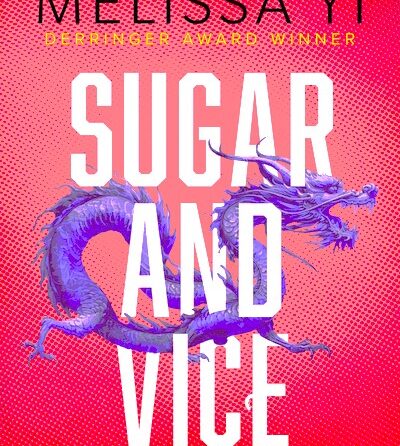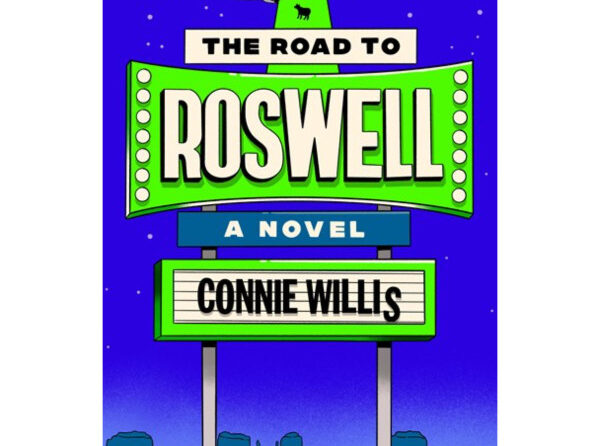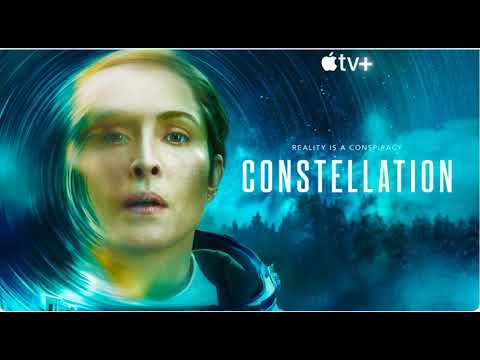The world is ending, but we already knew that. For many of us, the apocalypse has come already, in the shapes of imperialism, white supremacy, unaffordable healthcare, and anthropocene-induced climate catastrophe. For everyone else, it’s not a matter of if, but when. So it’s fitting that SFF is picking up post-post-apocalypse—less interested in the panicked chaos of the end of the world (we’ve got the news for that), and more focused on the challenging process of rebuilding. What comes after? What happens to the survivors? What will we bring with us into the future?
Mike Chen’s A Beginning At the End takes place six years after a devastating flu pandemic killed 70% of the human population. With the quarantines lifted, survivors tentatively try to cobble together a semblance of normalcy, though they collectively suffer from PASD: post-apocalyptic stress disorder, a combination of survivor’s guilt, PTSD, displacement, and profound grief.
There are references to the reworkings of the outside world—abandoned amusement parks, corrupt news sources, looters—but for the most part, Chen anchors his large-scale premise by focusing on four survivors. Moira used to be a teen pop star known as MoJo. She was manipulated and controlled by her father, who used her voice for power and fame. The remade world gave her the opportunity to remake her own identity, to live a new life, to shed the trappings of MoJo and get to explore who she herself might be. Unfortunately, her father’s still looking for her, and she plans to hastily marry a man she doesn’t love to further her disguise.
Her wedding planner, Krista, doesn’t care that Moira might not be in love with her husband. She just wants the wedding to go as planned—she needs the money. Krista’s family was never there for her. She had to take care of herself, and she’s gotten very good at it, which is why when two opportunities arise, she launches herself at them: the first, keeping an eye out for the former pop star MoJo, whose father has set a reward for any news of her whereabouts. The second, in exchange for cash, help out a father with his appeal to maintain custody of his child.

Rob never meant for the lie he told his daughter to spiral out of control the way it did. Sunny was only two when her mother died, there in the throes of the chaos. Elena didn’t even die of the flu that claimed nearly three-quarters of the human population—she was killed by accident, in the rush of mobs trying to flee to quarantine and survive. It happened suddenly, purposelessly. So when Sunny asked Rob when she could see her mother again, Rob told her soon, delaying the crash of grief not only for his daughter, but for himself. It’s been five years since then, and Sunny has started acting out in school, still thinking her mother will come back one day.
As circumstances bring the four lives together, each must confront traumas of their lives from before the world ended. The choices they made, the loved ones they lost, the loved ones they pushed away—all of it must be reckoned with in the process of moving forward. Though their backgrounds are disparate, they come together to form a found family, to find something of a balance of grieving while rebuilding, of learning not to take anything for granted.
If you’re looking for a high-octane post-apocalyptic novel, look elsewhere, as this gives us something else entirely. It’s a slice-of-life at the end of the world, tender, character-driven, and gentle—which makes it feel all the more terrifyingly plausible. Like in his previous novel Here and Now and Then, Mike Chen demonstrates his ability to render scoping sci-fi premises intimate and personal. He calls for heart and hope in the face of unimaginable tragedy, for the quiet, everyday heroes that we can be for one another. There is something profoundly subversive and honest about this novel, about leaning into the impending devastation and finding possibility there, in pop songs, in french fries, in unexpected love.
The thing is, the world is always ending. The apocalypse might not be a single event but a series. We are always on the brink of the end of the world. That doesn’t mean we give up, stop helping each other, stop loving each other. Sometimes, that’s all we can do. Sometimes, those are the most important acts. Though he’s writing about mortality on a personal and global scale, Chen never, ever sinks into despair. This book is never bleak. Instead, hope reverberates through every character and plotline. It’s never saccharine, it doesn’t come easy, but it rings true, and it’s how we keep putting one foot in front of the other. Even here, at the end of all things.
A Beginning at the End is available from MIRA Books.
Maya Gittelman is a queer Pilipinx-Jewish diaspora writer and poet. Their cultural criticism has been published on The Body is Not An Apology and The Dot and Line. Formerly the events and special projects manager at a Manhattan branch of Barnes & Noble, she now works in independent publishing, and is currently at work on a novel.










